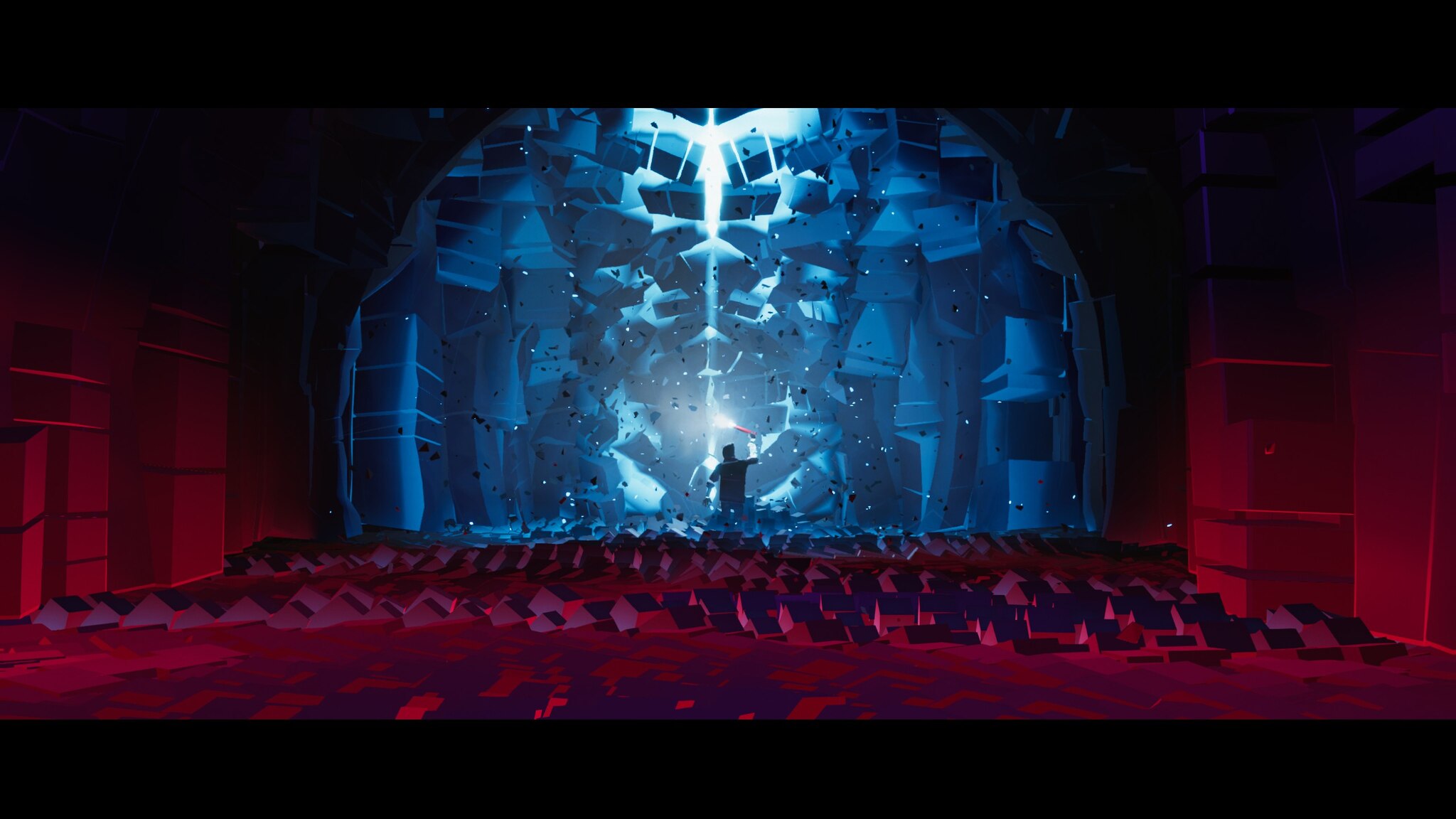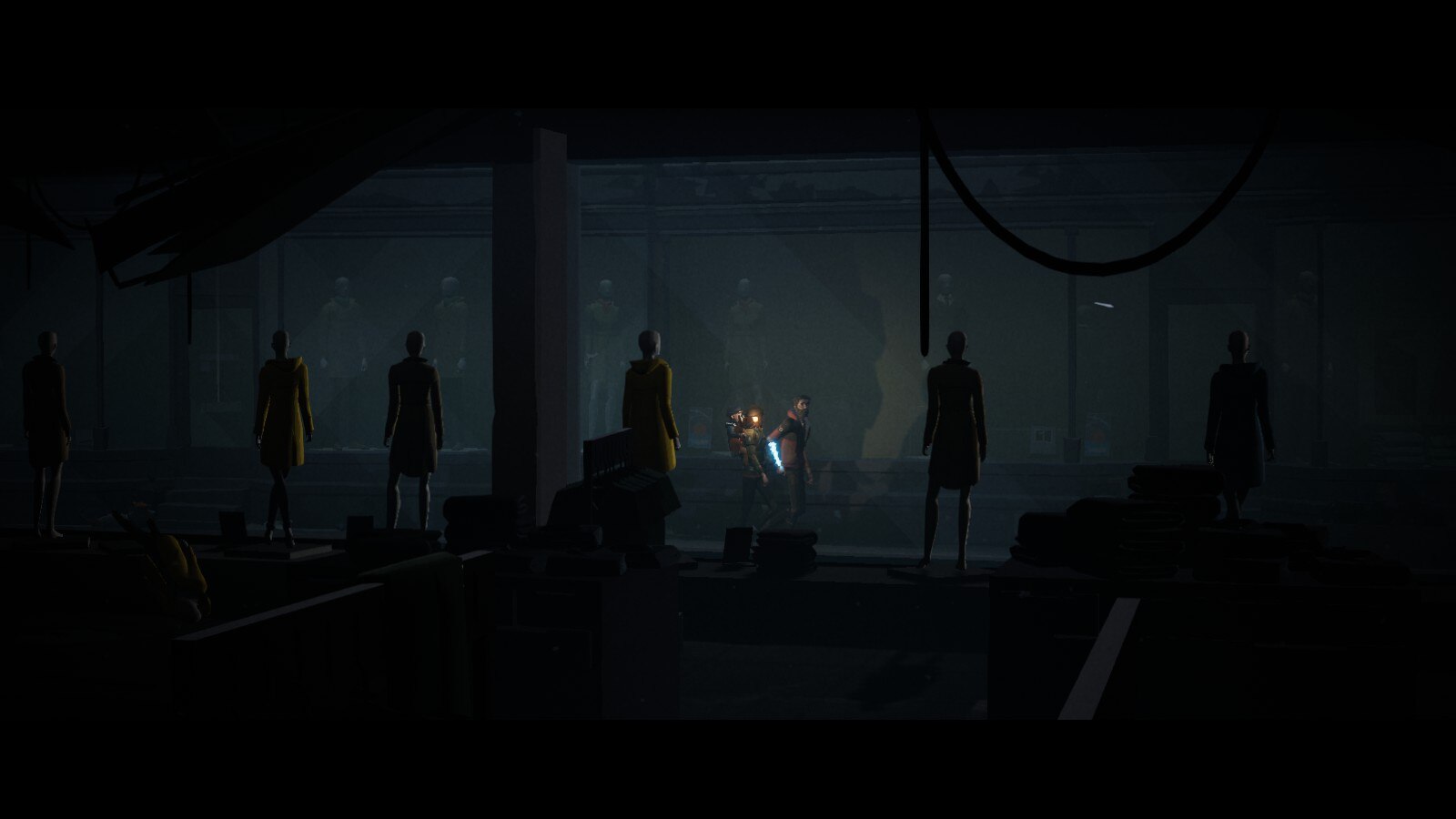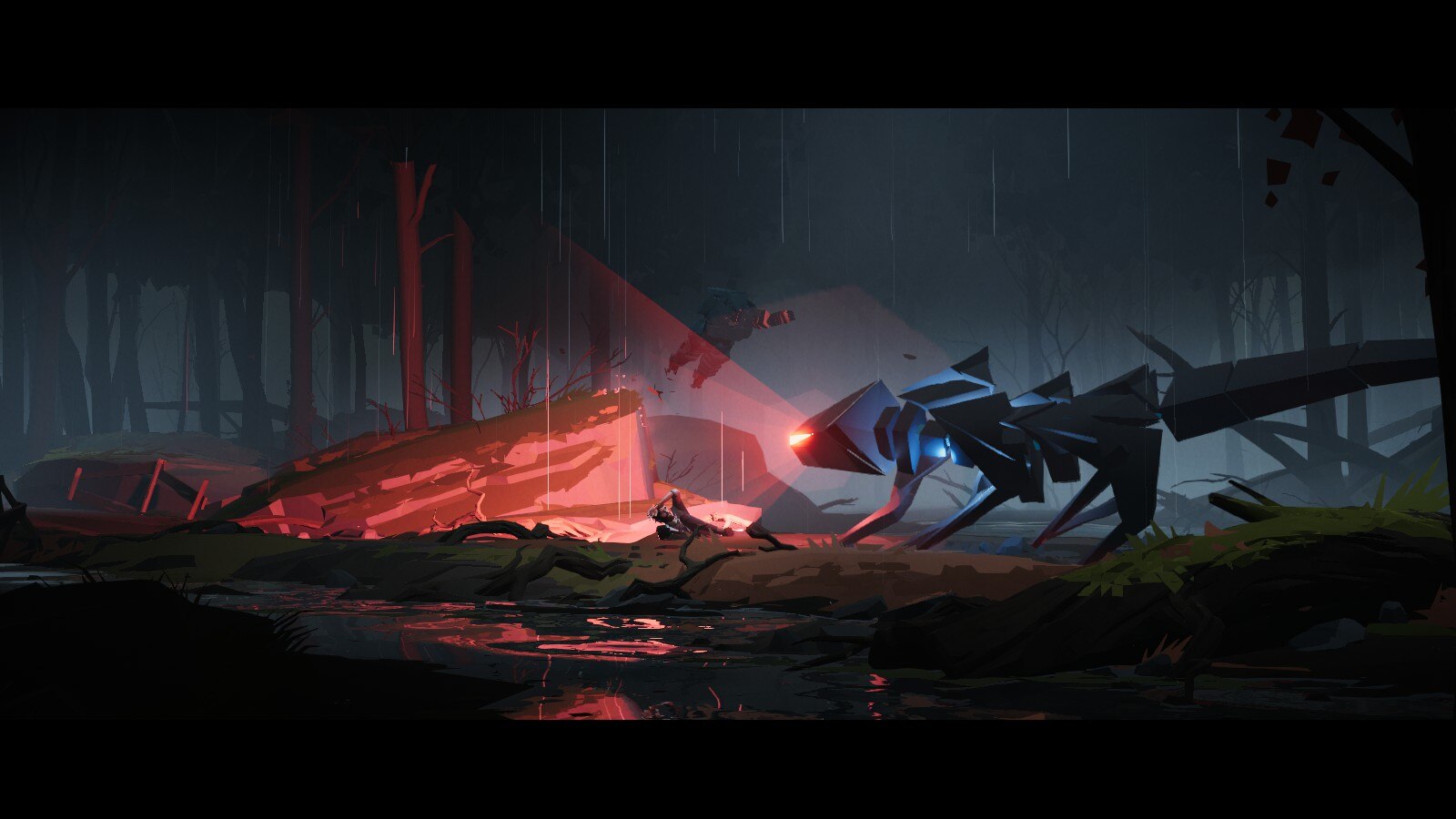
There is an inescapable allure to moody adventure games that rely on visuals over dialogue. Having to absorb the visuals and interpret what is happening becomes a crucial aspect of the experience. Internalizing the overlapping gameplay and events sparks the gamer’s imagination and encourages them to consider the story on a deeper level.
Over the years, many adventure games have beautifully told strange and complex stories without relying on character dialogue or clumsy exposition. Sometimes, they use metaphor and symbolism, as seen in games like Inside or Little Nightmares, while others embrace simple situational storytelling, as exemplified by Unravel or Hyper Light Drifter.
These games typically offer puzzle-driven experiences with relaxed, methodical gameplay, and Somerville is no exception. What can adventure game fans expect from this quest filled with close encounters and white-knuckle survival? Find out in this Somerville review!
This is a review coupled with a supplemental video review. You can watch the video review or read the full review of the below:
Somerville
Developer: Jumpship Limited
Publisher: Jumpship Limited
Platforms: Windows PC, Xbox One, Xbox Series X|S, PlayStation 4, PlayStation 5 (reviewed)
Release Date: August 31, 2023
Price: $24.99 USD

Somerville encapsulates the essence of a deeply personal and emotionally charged journey. It unfolds as an intimate chronicle that delves into the recesses of a man’s soul, portraying the fervor and unyielding determination that drive him.
This is not merely a tale of survival amidst adversity but a saga of love and family bonds tested against the surreal and harrowing backdrop of an otherworldly invasion. The quest culminates in a climax that bends the fabric of time and implies a stable time loop. Things that seemed unimportant at the start suddenly have new meaning and send ripples across the chain of events in the story.
The premise of a man’s fervent quest to reunite with his family amidst the tumultuous backdrop of an otherworldly invasion is only the surface. Beneath its obvious layers is a story where themes of the importance of communication weave into the background. These themes come into play more overtly in the gameplay when the protagonist makes contact with other alien life forms leading to some of the many possible endings.

Unlike many narratives that rely heavily on lengthy expositions or verbose dialogue to convey their themes and emotions, Somerville is a high watermark for visual storytelling’s extraordinary power. It is a showcase of how the medium of video games can transcend mere words, offering a profound and immersive experience that lingers in the hearts and minds of players.
In Somerville, every frame, every scene, and every visual element is meticulously crafted to communicate the story’s nuances, the character’s emotions, and the world’s atmospheric richness. It’s a stage where the game designer’s artistry shines through, painting a narrative with strokes of cinematic brilliance and immersive detail.

The deftness of the visuals fosters some cheeky puzzle design that utilizes the protagonist’s newfound power of controlling a current that can harden or soften a mysterious alien substance. Regretfully, Somerville barely lives up to this promise and the potential for these powers is unrealized.
Aside from a few physics-based puzzles, most of the situations in Somerville revolve around understanding how the alien substance reacts to the elements. There is so little room for error, that figuring out what to do is usually done by accident or trial and error.

When Somerville isn’t immersed in the intricacies of puzzle-solving, it often takes on the characteristics of a walking simulator, a genre known for its focus on narrative and exploration rather than complex gameplay challenges. During these moments, the player finds the protagonist to be rather limited in his physical abilities.
The man cannot jump, as the game lacks any platforming challenges that would require such an action. Instead, his actions are predominantly context-driven, meaning his interactions with the environment are dictated by the circumstances as he encounters them.
Somerville‘s exploration aspect leaves something to be desired. The path the player must follow is exceedingly linear and straightforward. This linearity represents a missed opportunity for Somerville to leverage its fixed camera perspective in a more engaging and exploratory way.

The game could have incorporated more branching paths, hidden secrets, or alternative routes to encourage players to immerse themselves further in the world and uncover its mysteries. Instead, it tends to funnel players down a strict and scripted course.
While the game’s controls do technically allow for three-dimensional movement, this capability often feels underutilized within the context of what is essentially a two-dimensional game. There are undoubtedly moments where the game showcases impressive and visually stunning money shots. However, these sequences are largely automated or uninvolving.

For a significant portion of the game, players will find themselves navigating slowly through expansive and wide shots. While this deliberate pacing can enhance the atmosphere and storytelling, it might also lead to moments of frustration or impatience for players who seek more dynamic or interactive experiences.
Somerville‘s gameplay and control mechanics have the potential to offer a more diverse and engaging experience but, at times, underutilize their capabilities. The game’s linear path and occasional automation impact player agency and involvement in the narrative, representing a balance that the developers could have fine-tuned to create a more immersive and interactive journey through its admittedly interesting world.
Despite its deliberate and slow-paced gameplay, Somerville is remarkably brief, clocking in at just over three hours for the entire experience. This brevity can leave players with a sense of wanting more, especially given the potential of the game’s intriguing world and narrative.

During this relatively short playtime, players may encounter what can only be described as arduous and mind-numbing stretches of the protagonist’s slow running speed. These moments of plodding progress can test the patience of even the most dedicated players, potentially detracting from the overall enjoyment of the game.
The scarcity of puzzles within the game’s progression can be a point of contention. These opportunities are few and far between, leaving players yearning for more substantial gameplay challenges to complement the narrative. The alternate endings, while a tantalizing prospect, present their own set of challenges. Unlocking these alternate conclusions can prove to be an exercise in frustration due to their cryptic nature.
Players are left to decipher the path to these endings with little to no guidance from the game itself. This lack of direction will lead players to seek guides to uncover these elusive alternate endings. Even when armed with the knowledge of what actions to take, the solutions often lack coherence and may fail to provide players with a satisfying understanding of the game’s narrative twists and turns.
Somerville was reviewed on PlayStation 5 using a code provided by Jumpship Limited. Additional information about Niche Gamer’s review/ethics policy can be found here. Somerville is now available for Windows PC (via Steam), Xbox One, Xbox Series X|S, PlayStation 4, and PlayStation 5.